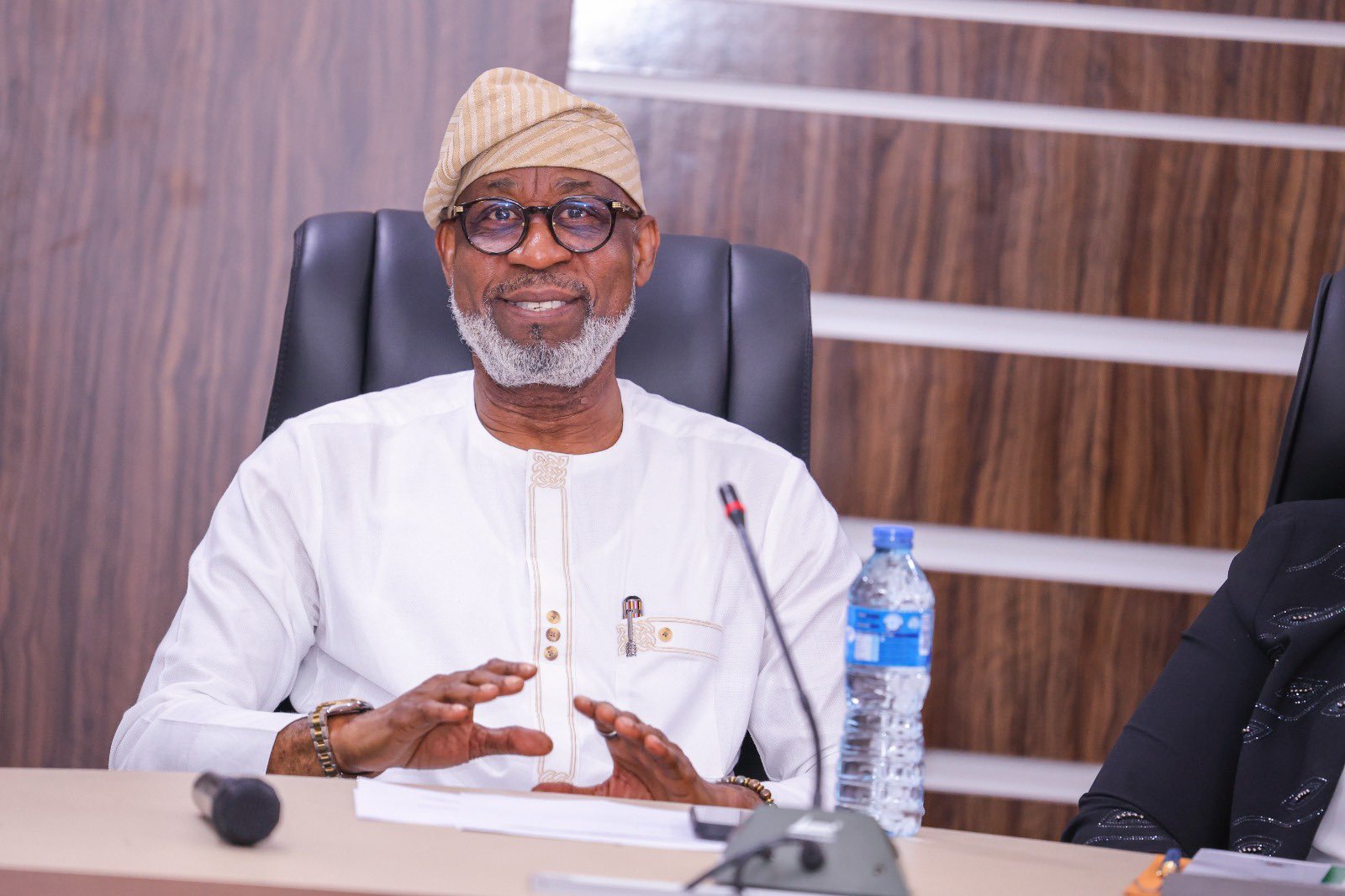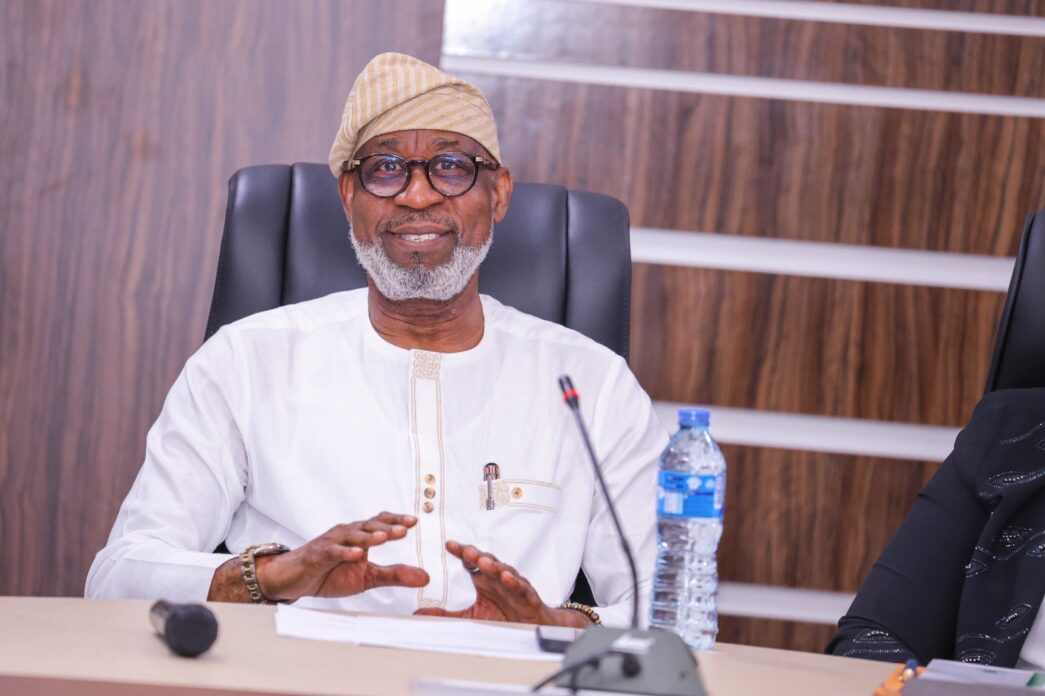Dele Alake, minister of solid minerals
Nigeria is globally recognized as an oil and gas powerhouse, but less attention is paid to its vast and largely untapped mineral resources. From gold to tin, lithium to tantalite, the country’s mining sector holds significant promise. However, despite ambitious government rhetoric and policy documents outlining reform, the operational reality for mining companies—both domestic and foreign—remains mired in legal ambiguity, institutional inertia, and regulatory overreach.
As both a legal practitioner and a mining investor in Nigeria, I have observed firsthand how the gap between policy and practice hinders the development of this potentially transformative industry.
A Recent Attempt at Dialogue
On June 19, 2025, the Nigerian Ministry of Solid Minerals hosted a virtual stakeholder engagement session with operators across the sector. This was a welcome development, signaling the Ministry’s willingness to engage. Unfortunately, due to limited access and time constraints, many participants could not join or have their concerns addressed. More importantly, the format did not allow for any rebuttal or discussion following official responses. Two critical issues were raised, to which I feel compelled to offer a “right of reply”—not just for myself, but for the broader industry.
Advertisement
1. State Government Interference in Federally Regulated Mining
One participant raised concerns about the increasing trend of State Governments interfering in federally licensed mining operations. The Ministry’s Legal Adviser responded that companies should take legal action where necessary and assured that the Ministry was doing its part to mediate.
However, this answer reflects a concerning passivity. Mining in Nigeria is, by constitutional law, a federal matter—it falls under the Exclusive Legislative List, meaning only the Federal Government has the legal authority to regulate mining. Yet some State Governmentshave gone so far as to impose outright bans on mining activities within their territories. These actions have sent shockwaves through the investment community, both locally and internationally.
Advertisement
Expecting mining companies to seek redress through a notoriously slow judicial system is not a solution; it is, at best, a bureaucratic deflection. When government institutions cannot protect legally granted licenses or provide a predictable operating environment, it raises red flags for investors. The result is simple: capital flees.
2. Heavy-Handed Enforcement and Regulatory Overlap
The second issue pertains to the frequent harassment of mining companies by the Economic and Financial Crimes Commission (EFCC) under the guise of anti-money laundering enforcement. The Legal Adviser’s response was that the issue is sub judice, or under legal consideration, and thus not open for discussion.
But this is not a one-off legal dispute. It is part of a wider pattern. The EFCC regularly demands that mining companies report to its zonal offices—sometimes in states where the company has no operational presence—and in some cases, deploys heavily armed officers to company premises or even private homes. This creates a climate of fear and insecurity for operators and their staff.
Advertisement
At the heart of the issue is the Special Control Unit Against Money Laundering (SCUML), a regulatory initiative under the Ministry of Trade designed to monitor Designated Non-Financial Businesses and Professions (DNFBPs). While well-intentioned, its implementation in the mining sector has been inconsistent and overly expansive. Geologists and industry experts understand what constitutes precious metals and stones. If the government wishes to bring all mineral-related activity under SCUML’s purview, it must revise the relevant regulations accordingly—not enforce through overreach.
Toward a Clearer Path
Nigeria’s mineral wealth has the potential to diversify its economy, create jobs, and drive regional development. But these benefits cannot be realized without clarity in regulation, respect for the rule of law, and consistency in policy implementation.
The Ministry of Solid Minerals has a pivotal role to play—not just in issuing licenses or promoting exploration, but in protecting operators from unlawful interference, ensuring inter-agency coordination, and establishing clear boundaries between legitimate enforcement and regulatory intimidation.
Advertisement
If Nigeria is serious about unlocking the potential of its mining sector, it must move from rhetoric to reform—and fast.
Kusamotu is a mining entrepreneur and legal practitioner based in Nigeria. With experience navigating regulatory, operational, and legal challenges in the sector, he advocates for sustainable, transparent, and investor-friendly mining policies in emerging markets.
Advertisement
Views expressed by contributors are strictly personal and not of TheCable.



